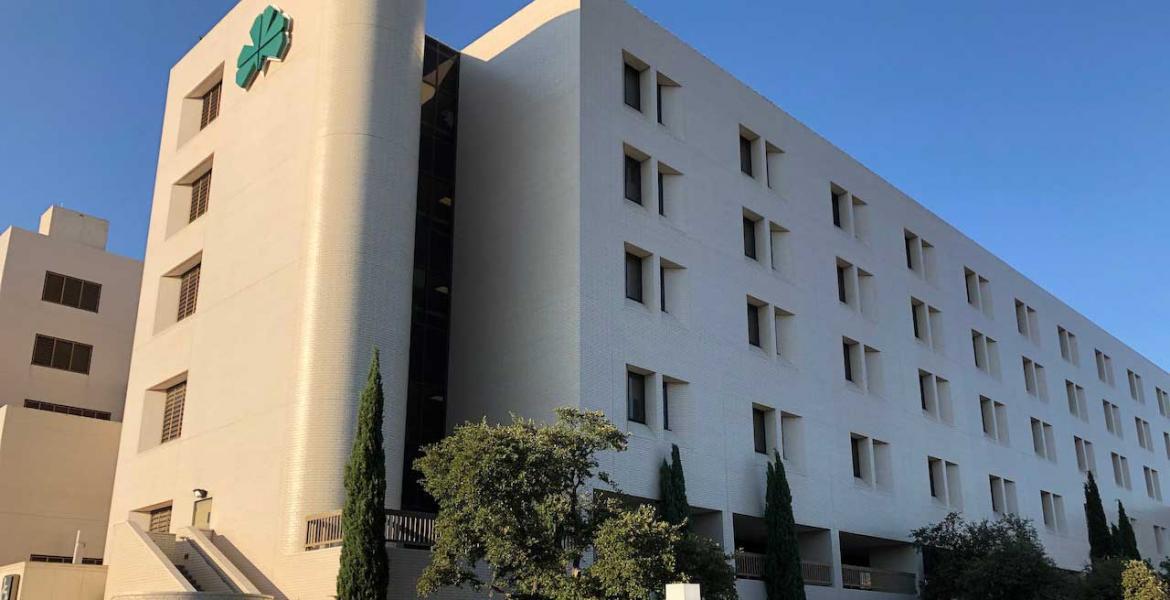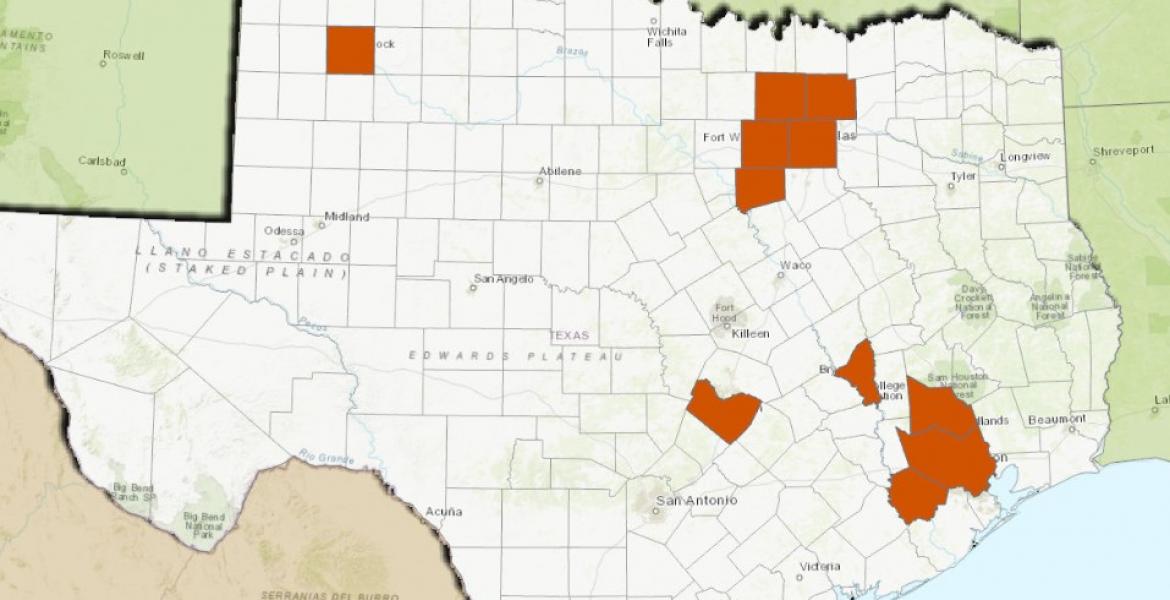SAN ANGELO, TX – Monday is World Stroke Day and the American Heart Association/American Stroke Association wants stroke survivors to know that although life may be different after a stroke, rehabilitation can help regain independence, decrease chances of another stroke and provide new goals for you to work toward. The are the world’s leading voluntary health organization devoted to fighting cardiovascular disease and stroke.
Worldwide, stroke is the number two cause of death and is a leading cause of long-term disability. Stroke is more disabling than it is fatal. However, stroke is largely beatable through high-quality rehabilitation, patient support and implementation of the Association’s Rehabilitation Guidelines.
Stroke rehabilitation can help patients build their strength, capabilities and confidence, potentially regaining skills and returning to independent living. Rehab can also help patients better manage other conditions they have, which may affect daily living or their risk for a second stroke.
The acronym F.A.S.T. stands for: face drooping, arm weakness, speech difficulty, and time to call 911. These can be some helpful questions to ask yourself if you think that someone is having a stroke: Does one side of the face droop or is it numb? Ask the person to smile. Is the person's smile uneven? Is one arm weak or numb? Ask the person to raise both arms. Does one arm drift downward? Is speech slurred? Is the person unable to speak or hard to understand? Ask the person to repeat a simple sentence, like "the sky is blue."
If someone shows any of these symptoms, even if the symptoms go away, call 9-1-1 and get to a hospital immediately. Check the time so you'll know when the first symptoms appeared.
Education about F.A.S.T is a part of the American Stroke Association’s Together to End Stroke initiative, nationally sponsored by Medtronic. Together, the two organizations aim to help people to easily recognize the stroke warning signs to improve stroke outcomes.
The American Heart Association/American Stroke Association’s Together to End Stroke initiative, nationally sponsored by Kindred Rehabilitation Services, raises awareness that stroke is largely beatable through high-quality rehabilitation, patient support and implementation of the AHA/ASA’s Stroke Rehabilitation and Recovery Guidelines. For more information, visit www.StrokeAssociation.org.
Subscribe to the LIVE! Daily
Required






Post a comment to this article here: